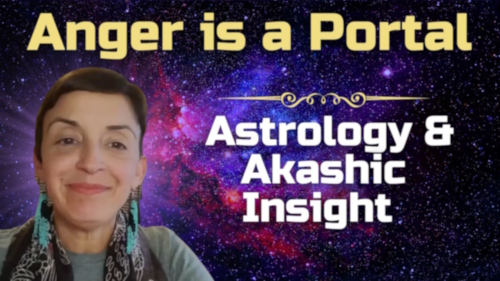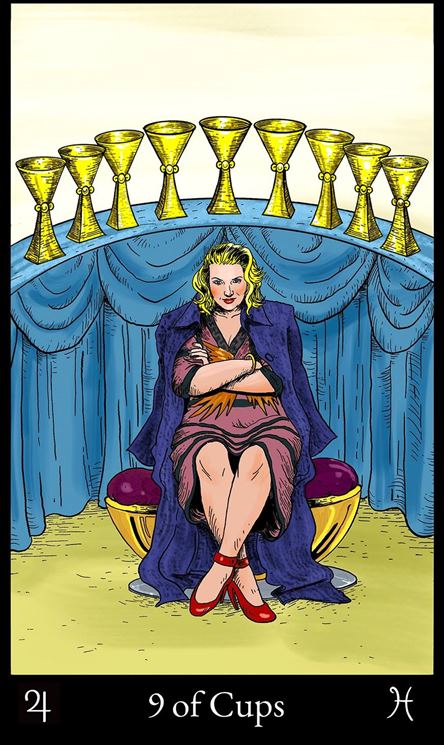Juno Square Sun ~ Planet Aspects

"I embrace the delicate dance of honoring my individuality and nurturing committed partnerships, creating a harmonious path of growth and fulfillment."
- Fostering harmony in partnerships
- Balancing individuality and commitment
Juno Square Sun Opportunities
- Cultivating self-love and acceptance
- Creating equal and harmonious partnerships
Juno Square Sun Goals
Juno Aspects
Juno: The Covenant of Partnership
In the natal chart, Juno, named after the Roman goddess of marriage and commitment, signifies the nature of one's ideal partnership and the qualities one values in long-term commitments. It delves deeper than just romantic inclinations, revealing insights into how an individual perceives loyalty, what they expect in terms of fairness within a union, and their innate approach to contracts, be they marital or otherwise. Juno's position by sign can indicate the kind of partner one is drawn to or the style of partnership that resonates most deeply. For instance, Juno in Leo might seek a dramatic, passionate, and loyalty-driven relationship, while Juno in Gemini might prioritize intellectual rapport and communication.
Juno's Sacred Vows
Beyond sign placement, the house Juno occupies shows the arena of life where one seeks deep commitment and where themes of contractual bonds might play out. For instance, Juno in the 10th house might indicate a person whose commitment is closely tied to their career or public life, perhaps suggesting business partnerships or a marriage that holds significant public importance. Aspects to Juno, whether harmonious or challenging, reveal nuances in how one navigates long-term commitments. A square to Venus might suggest tensions in balancing personal desires with partnership obligations, while a trine to Mercury could point to a harmonious communicative bond with a partner. Juno's intricate dance in the natal chart sheds light on the sacred vows one is inclined to make and the nature of the unions one seeks.
Juno Square Sun Meaning
Juno Square Sun indicates a potential challenge between your individual self-expression and your need for partnership and commitment. This aspect can affect various areas of your life, including relationships, identity, self-esteem, and partnership dynamics.In relationships, difficulties arise in finding balance between your personal desires and the needs of your partner, often leading to power struggles and conflicts. To navigate this challenge, it becomes essential to explore ways to honor both your individuality and commitment, fostering open communication and compromise.Regarding your identity, inner conflicts emerge as a result of the need to maintain your unique individuality while also craving a deep and committed partnership. This aspect calls for self-reflection and introspection to integrate both aspects of yourself, allowing for personal growth and fulfilling relationships.Struggles may manifest in terms of self-worth and feeling valued within relationships, affecting your self-esteem. There can be a tendency to seek external validation, leading to a potential imbalance in the dynamics of partnerships. It is crucial to cultivate self-love and self-acceptance, understanding that your worth is not solely dependent on the opinions of others.Challenges arise in creating equal and harmonious partnerships. You may often attract partners who challenge your personal identity and require conscious negotiation. This aspect invites a deeper understanding of your own needs and boundaries, fostering mutual respect and cooperation in relationships.Reflecting upon this aspect, consider: How can you navigate the delicate balance between individual expression and partnership commitment, fostering a sense of harmony and growth in both aspects of your life? By embracing your uniqueness and communicating openly with your partner, you can create a foundation of understanding and compromise. Remember to cultivate self-love and set healthy boundaries, ensuring that your needs are met while honoring the commitments you make.Juno Square Sun Keywords
For more information on your birth or transit aspects to discover your true potential, check out our captivating, interactive, and completely free love report. Learn how your empathetic nature shapes your interactions and enriches your relationships.
Our intuitive, user-friendly layout guides you through each aspect of your spiritual vision, making it effortless to pinpoint areas where you might need guidance in decision-making. By using your precise birth details, we ensure unmatched accuracy, delving deeper with the inclusion of nodes and select asteroids. Experience insights and revelations far beyond what typical reports and horoscopes offer.












































